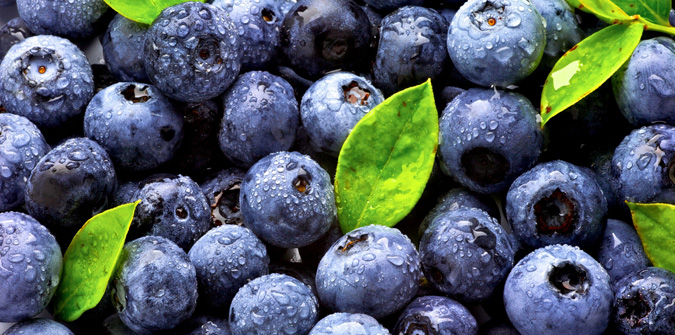What are antioxidants?
Vitamins C and E, beta carotene, selenium and many of the phytochemicals found in food (chemical compounds that naturally occur in plants) are antioxidants. This means that they protect our bodies from the damaging effects from the excess of substances called ‘free radicals’. We all make ‘free radicals’ in our bodies to create energy, however they become damaging when they are produced in excess through stress, tobacco smoking, pollution, sunlight, radiation, through high intensity physical activity and illness. This excess of ‘free radicals’ can cause cell damage and may predispose us to cancer, heart disease, other illnesses and premature ageing. Not all free radicals are damaging, some help to kill germs, fight bacteria, and heal cuts. The problem arises when too many are formed and can not be controlled by the body’s defence mechanism.
Antioxidants present in the diet can help to neutralise the excess ‘free radicals’ and prevent them doing any damage in the body. A diet high in fresh fruit and vegetables and other plant based foods are naturally rich in antioxidants. It is thought that obtaining these foods through dietary means is more effective than taking antioxidant supplements.
Food scientists in recent years have come to realise the new health protecting compounds that are found in plant based foods. They are substances that give them their colour, flavour, odour and unique characteristics. Many of them are antioxidants; such as quercetin from the flavonoid group which is found in black tea, red wine, onions, tomatoes, apples, potatoes, grapes and broad beans. Quercetin is thought to help reduce the risk of coronary heart disease and also prevent eye cataracts and hay fever, as it has antihistamine properties. Green tea contains catechins that have an antioxidant effects which may help slow down the ageing process and help protect the circulation.
Research has shown that regular exercise enhances a person’s natural antioxidant defences. Studies using antioxidant supplementation in athletes showed mixed results. The current thinking is that high doses of antioxidant supplements may blunt the training adaptation of the muscles. Therefore, the main recommendations if you are physically active are to eat a diet high in antioxidants instead of taking supplements. Go for at least 5 portions of brightly coloured fruit and vegetable per day. Anybody who smokes, or lives in a polluted city or is very physically active should aim higher than this recommendation.
Antioxidants present in the diet can help to neutralise the excess ‘free radicals’ and prevent them doing any damage in the body. A diet high in fresh fruit and vegetables and other plant based foods are naturally rich in antioxidants. It is thought that obtaining these foods through dietary means is more effective than taking antioxidant supplements.
Food scientists in recent years have come to realise the new health protecting compounds that are found in plant based foods. They are substances that give them their colour, flavour, odour and unique characteristics. Many of them are antioxidants; such as quercetin from the flavonoid group which is found in black tea, red wine, onions, tomatoes, apples, potatoes, grapes and broad beans. Quercetin is thought to help reduce the risk of coronary heart disease and also prevent eye cataracts and hay fever, as it has antihistamine properties. Green tea contains catechins that have an antioxidant effects which may help slow down the ageing process and help protect the circulation.
Research has shown that regular exercise enhances a person’s natural antioxidant defences. Studies using antioxidant supplementation in athletes showed mixed results. The current thinking is that high doses of antioxidant supplements may blunt the training adaptation of the muscles. Therefore, the main recommendations if you are physically active are to eat a diet high in antioxidants instead of taking supplements. Go for at least 5 portions of brightly coloured fruit and vegetable per day. Anybody who smokes, or lives in a polluted city or is very physically active should aim higher than this recommendation.
Good sources of Antioxidants
Vitamin C |
Most fruit and vegetables, especially blackcurrants, blueberries strawberries, oranges, tomatoes, broccoli, green peppers, potatoes, and kiwi. |
Vitamin E |
Sunflower oil, safflower oil, sunflower seeds, sesame seed, almonds, peanuts, peanut butter, avocado, oily fish and egg yolk. |
Beta carotene |
Carrots, red peppers, spinach, spring greens, sweet potato, mango and dried apricots. |
Selenium |
Wholegrains, meat and vegetables |
Copper |
Wholegrains and nuts. |
Manganese |
Wheat germ, bread, cereals and nuts. |
Zinc |
Wholegrain pasta, grains, nuts, seeds and eggs. |
Lycopene and Canthaxanthin |
Tomatoes and water melon. |
Flavonoids and polyphenols |
Green tea, black tea, red wine, potatoes, grapes, broad bean, onions, tomatoes. |

